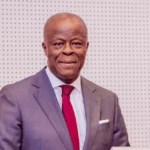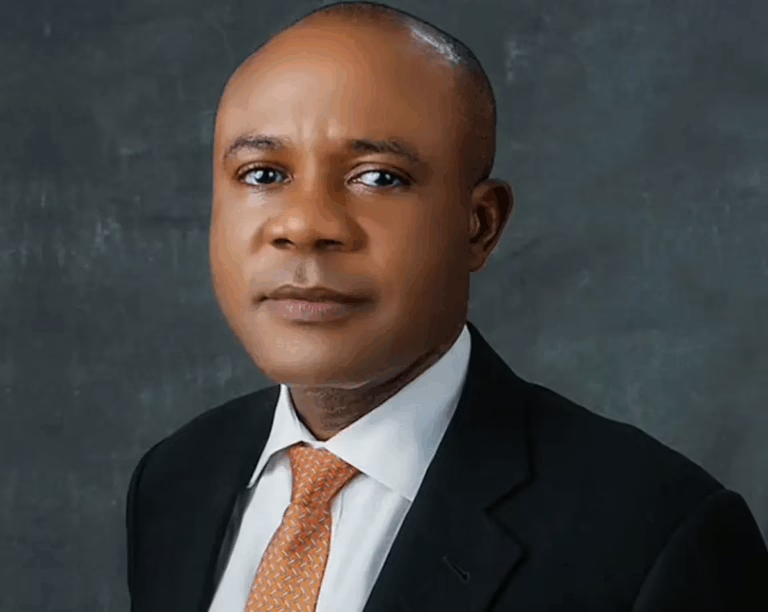Enugu State Governor, Dr. Peter Mbah, has called on Nigerians to harness the nation’s rich cultural heritage as a catalyst for economic empowerment, job creation, and sustainable development.
At the inauguration of the three-day Culture and Creative Economy Summit held at Landmark Nike Resort, Enugu, Governor Mbah, represented by the Secretary to the State Government, Prof. Chidiebere Onyia, emphasized the pivotal role the creative sector must play in shaping Nigeria’s future.
“Enugu State proudly aligns with the Federal Government’s vision. We are committed to establishing platforms, building infrastructure, and fostering partnerships that will unlock the vast potential within Nigeria’s creative industries-from Nollywood and Afrobeat to heritage tourism and digital innovation. The creative economy transcends mere entertainment; it represents Nigeria’s emerging blue economy,” he stated.
Highlighting his administration’s ambitious goal to expand Enugu’s economy from $4.4 billion to $30 billion by 2030, Governor Mbah underscored the necessity for all sectors to contribute towards this transformative vision.
He encouraged stakeholders from the private sector, cultural custodians, and the youth to “forge a legacy where Nigerian culture is revered, creativity is rewarded, and the economy is revitalized.”
In a significant announcement, Governor Mbah revealed that Enugu will host the National Festival of Arts and Culture (NAFEST) in November 2025, assuring that the state has already invested heavily in the requisite infrastructure to guarantee a successful event.
“This festival will ignite a vibrant ecosystem of economic activities. Enugu is ready and open for business,” he affirmed.
Delivering the keynote address, Prof. Lyndsay Duthie from the University of Creative Arts, UK, highlighted that wealth generation through culture demands synergy, innovation, and technological advancement.
“Culture combined with creativity equals economic strength,” she remarked, noting that Nigeria holds one of the most promising opportunities globally to cultivate a competitive creative economy, provided that government policies, infrastructure, and incentives are strategically aligned.
Prof. Duthie further emphasized that beyond Nigeria’s demographic advantage, there is a critical need to enhance skill development, invest in education, and create enabling environments for talent to flourish. She identified funding, infrastructure, and world-class creative output as the foundational pillars for the country’s creative sector growth.
Obi Asika, Director General of the National Council of Arts and Culture, described the creative economy as a viable avenue for national wealth creation. He noted that the summit convened commissioners, permanent secretaries, and culture directors to explore strategies for unlocking the sector’s vast potential.
“With deliberate investment, Nigeria can achieve a $100 billion creative economy by 2030 and scale up to $250 billion by 2035,” Asika projected.
He also praised Enugu as an ideal host for NAFEST 2025, stating, “Enugu boasts the necessary infrastructure and has always been a cultural hub.”
In her opening remarks, Dame Ugochi Madueke, Enugu State Commissioner for Culture and Tourism, expressed enthusiasm about hosting the summit, describing it as a landmark occasion for Nigeria’s creative industries.
She noted that the summit’s theme, “Monetising Culture and Creative Industries at the Sub-National Level,” is particularly relevant. She stressed that culture and creativity across Nigeria represent more than entertainment-they are sources of wealth, employment, and untapped opportunities.
“Here in Enugu, we are making bold strides-developing eco-tourism destinations, investing in film and music sectors, preparing for NAFEST 2025, and creating platforms where culture intersects with commerce,” she said, urging all participants to collaborate in building a robust and unified creative economy for Nigeria.
The summit attracted commissioners responsible for Culture and Creative Economy, directors from federal and state ministries, departments, and agencies across Nigeria’s 36 states and the Federal Capital Territory, as well as representatives from federal arts and culture institutions.



















